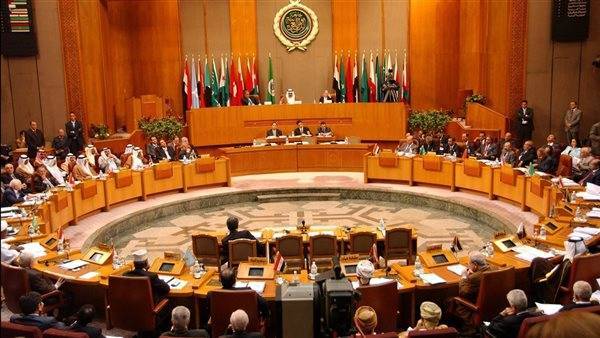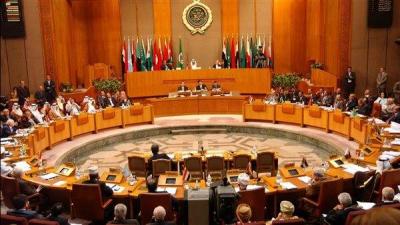The meeting of the Arab Foreign Ministers in its 160th session of the Arab League Council at the ministerial level commenced today, Wednesday, at the headquarters of the Arab League General Secretariat.
During the meeting, Egyptian Foreign Minister Sameh Shoukry indicated that "we are dealing with Syria based on a step-by-step principle," noting that "Syria's joining the Amman and Cairo statements is a positive step towards resolving the Syrian crisis." He also condemned "Israel's violations at Al-Aqsa Mosque and the incidents in Jenin," adding, "We look forward to a binding legal agreement regarding the Grand Ethiopian Renaissance Dam that achieves the interests of all." He continued, "Egypt looks forward to conducting elections in Libya and unifying the security and military forces."
For his part, Moroccan Foreign Minister Nasser Bourita emphasized "the necessity of Arab solidarity and respecting the unity and sovereignty of states, and the need to expand the Arab League's partnerships with international groupings." Bourita expressed hope for stability in Sudan, Libya, and Yemen through political solutions, and praised "the membership of Saudi Arabia, Egypt, and the UAE in the BRICS group."
Additionally, the Secretary-General of the Arab League, Ahmed Aboul Gheit, called on "the international community to act to halt the deteriorating situation in Palestine," stating that "the Palestinian issue faces serious challenges amid the extremist agenda of the Israeli government." He also stressed "the necessity of achieving a comprehensive ceasefire in Sudan, as the crisis in Sudan is gradually leading to the disintegration of state institutions and bringing the country closer to civil war." Aboul Gheit mentioned, "We look forward to the upcoming Arab-African summit in Saudi Arabia as a step to consolidate common relations."
The agenda of the meeting includes items related to political, economic, and social issues, encompassing nine main items, topped by the item of Arab collective action, which includes the Secretary-General's report on the Secretariat's activities and the implementation of Council decisions between the two sessions (159-160). It also includes the semi-annual report of the Follow-up Committee on the implementation of decisions and obligations, as well as the Palestinian issue, the Arab-Israeli conflict, developments in Syria, Libya, and Yemen, Iranian interventions in the internal affairs of Arab states, risks of Israeli armament on Arab national security, relations between Arab countries and regional and international organizations, cooperation between the Arab League and the Security Council, nominations for United Nations and its specialized agencies, as well as other international organizations and institutions, and Arab-European and Arab-Russian relations.
Among the key items: "Support for internally displaced persons in Arab countries, particularly Iraqi displaced persons, and rejecting all forms of incitement to religious hatred and emphasizing the international prohibition of blasphemy against religions."
Egypt has handed over the presidency of the 160th session of the Arab League Council to Morocco.




